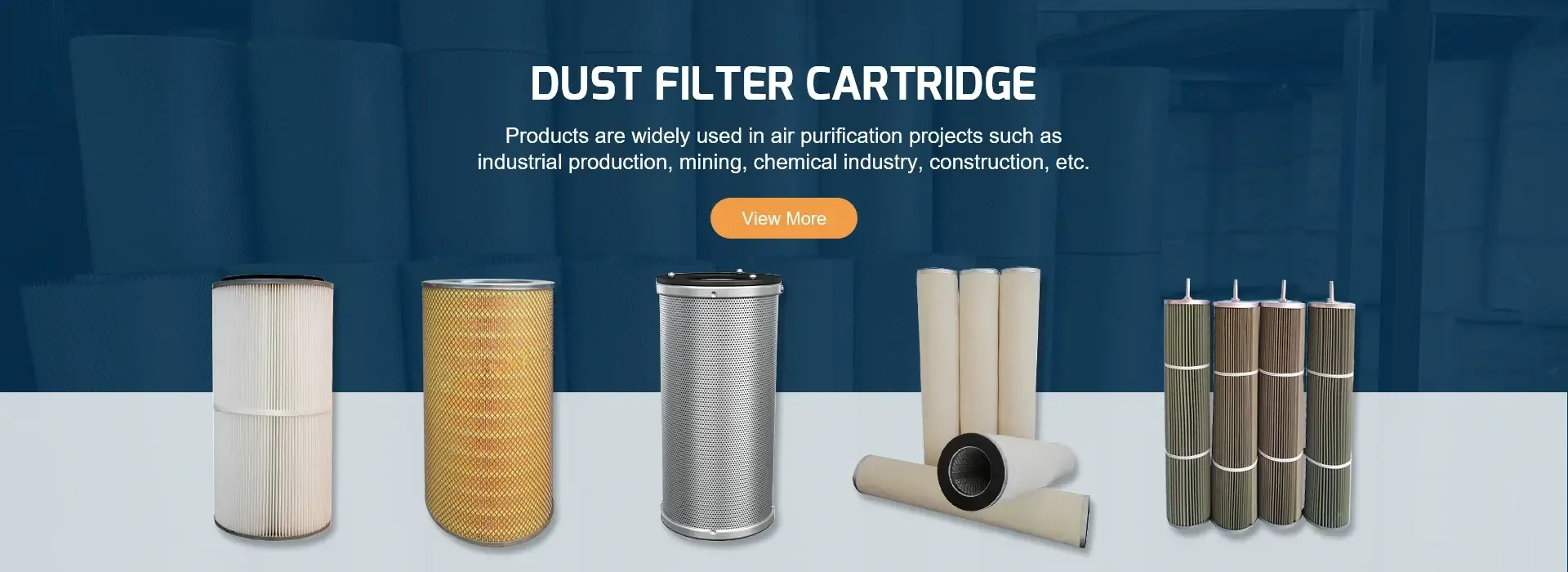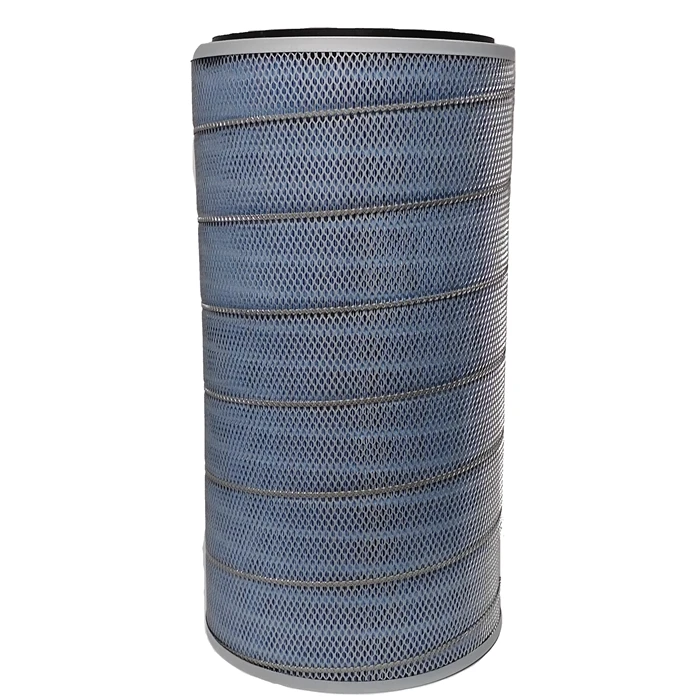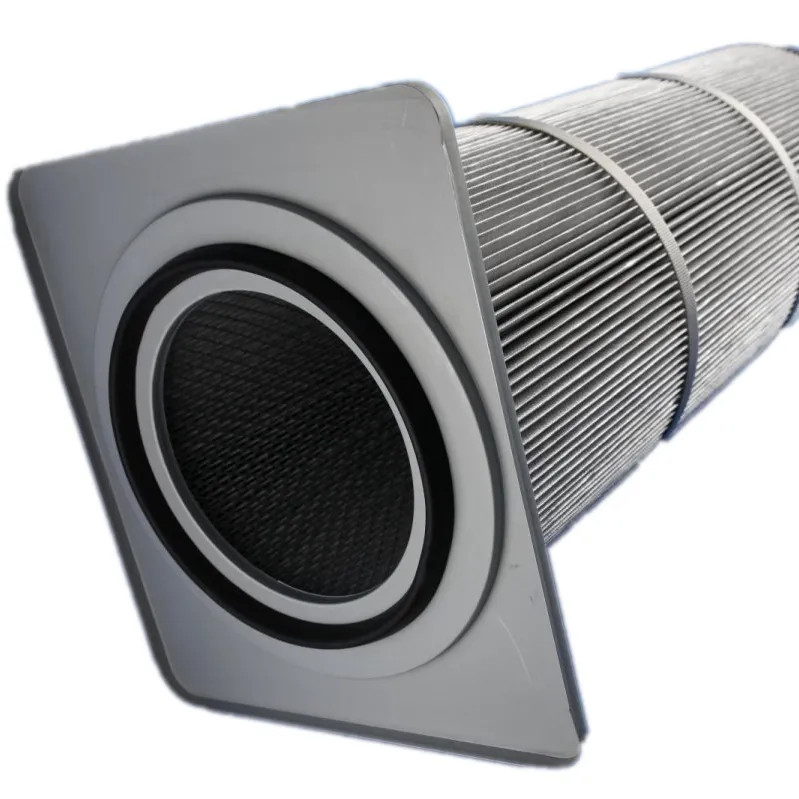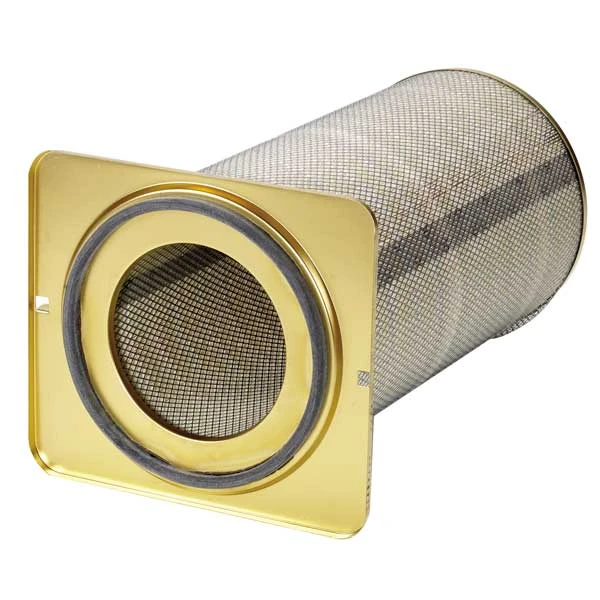 Tel:
+8618931101301
Tel:
+8618931101301
Νοέ . 26, 2024 06:17 Back to list
Inlet Filtration Solutions for Gas Turbine Performance Enhancement and Longevity
The Importance of Gas Turbine Inlet Filters
Gas turbines are critical components in various applications, including power generation, aviation, and industrial processes. They rely on high-efficiency and high-performance components to operate effectively. One of the key parts of a gas turbine system is the inlet filter, which plays a vital role in ensuring optimal turbine operation and longevity.
Understanding Gas Turbine Inlet Filters
Gas turbine inlet filters are designed to remove contaminants from the air before it enters the turbine. These contaminants can include dust, pollen, dirt, and other particulates that could damage the turbine components. The primary purpose of these filters is to maintain the performance and efficiency of the turbine by ensuring clean air is supplied for combustion.
There are various types of inlet filters used in gas turbine systems, ranging from simple mesh filters to advanced high-efficiency particulate air (HEPA) filters. The choice of filter depends on the specific application, the expected environmental conditions, and the manufacturer's recommendations. Advanced filtration systems often use multiple stages to ensure that even the smallest particles are captured before they can cause damage.
The Role of Inlet Filters in Turbine Performance
The efficiency of a gas turbine is heavily influenced by the quality of air that it processes. Contaminated air can lead to several issues, including reduced combustion efficiency, increased emissions, and even mechanical failures. The inlet filter plays a crucial role in mitigating these risks by ensuring that only clean air enters the turbine.
1. Performance Maintenance High-efficiency inlet filters can help maintain the turbine's performance by providing a consistent flow of clean air. This is essential because any drop in air quality can lead to a reduction in power output and increased fuel consumption.
2. Reduction of Maintenance Costs By filtering out harmful particles, inlet filters help reduce wear and tear on turbine components. This, in turn, leads to lower maintenance and replacement costs over the turbine's operational life. Regularly replacing or cleaning the inlet filters can prevent costly breakdowns and prolong the life of the turbine.
gas turbine inlet filter

3. Emissions Control Gas turbines are subject to stringent emissions regulations. Contaminated air can contribute to higher emissions of pollutants such as nitrogen oxides (NOx) and carbon monoxide (CO). By ensuring clean air intake, filters play an essential role in helping operators meet environmental standards.
Challenges and Considerations
While gas turbine inlet filters are essential, they also present some challenges. One of the primary concerns is the pressure drop across the filter as it collects particles. A significant pressure drop means that more energy is required to maintain airflow, which can impact the overall efficiency of the turbine. Therefore, it is crucial to select the right filter type and continually monitor its condition.
Another consideration is the operating environment. In areas with high levels of particulate matter, such as deserts or industrial zones, filters may need to be changed more frequently. Operators must have a robust maintenance schedule to ensure filters are replaced or cleaned timely to maintain performance.
Future Trends in Inlet Filtration
As technology advances, so too do the filtration solutions available for gas turbines. Innovations in materials and design are leading to more efficient filters that offer higher dirt-holding capacity and lower pressure drops. Additionally, the integration of sensors and monitoring systems can provide real-time data on filter performance, allowing for predictive maintenance and optimized turbine operations.
The development of advanced filtering technologies, such as electrostatic or nanofiber filters, is also on the rise. These technologies can capture smaller particles while maintaining airflow efficiency, which is critical for high-performance gas turbines.
Conclusion
Gas turbine inlet filters are a vital component in ensuring the reliability and efficiency of gas turbine operations. By removing contaminants from the air, these filters help maintain performance, reduce maintenance costs, and meet regulatory requirements. As advancements in filtration technology continue, the capability of gas turbines to perform efficiently and sustainably will only improve, reinforcing their role in the future of energy production and industrial applications. Proper selection, maintenance, and monitoring of these filters will remain critical for maximizing the performance and life of gas turbines.
-
Cold knowledge of air filters: Why are some designed to be pleated?NewsJun.16,2025
-
Factory direct supply! High-precision air filter element wholesale and customizationNewsJun.12,2025
-
A complete analysis of the practical value of activated carbon filtersNewsJun.10,2025
-
Why are high iodine coconut shell activated carbon filters more durable?NewsJun.06,2025
-
Gas Turbine FilterNewsJun.06,2025
-
Filter TurbineNewsJun.06,2025

 Email:
Email:





